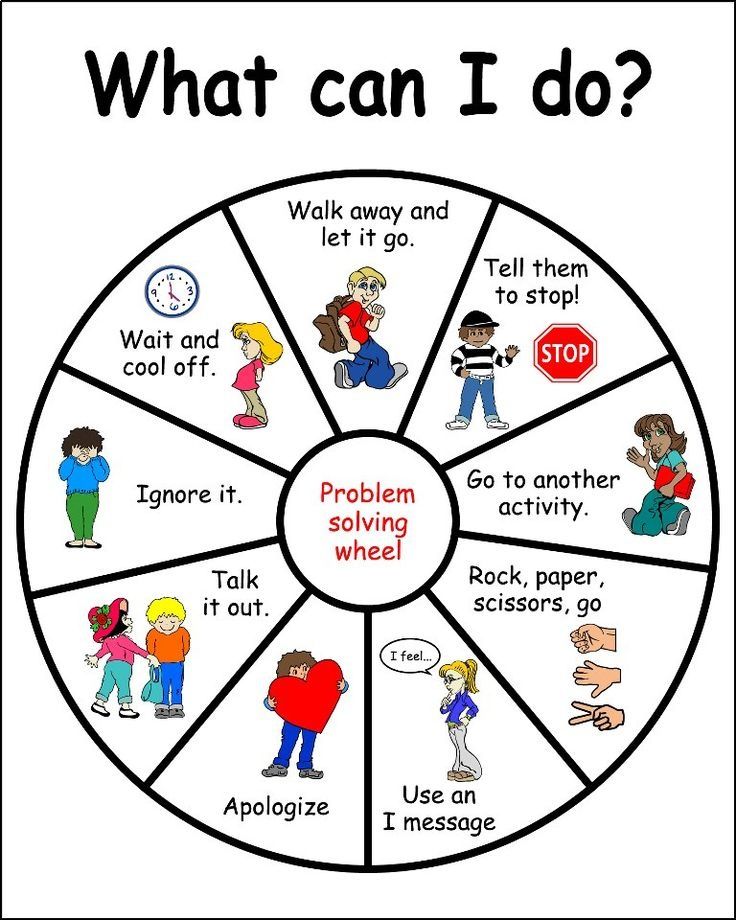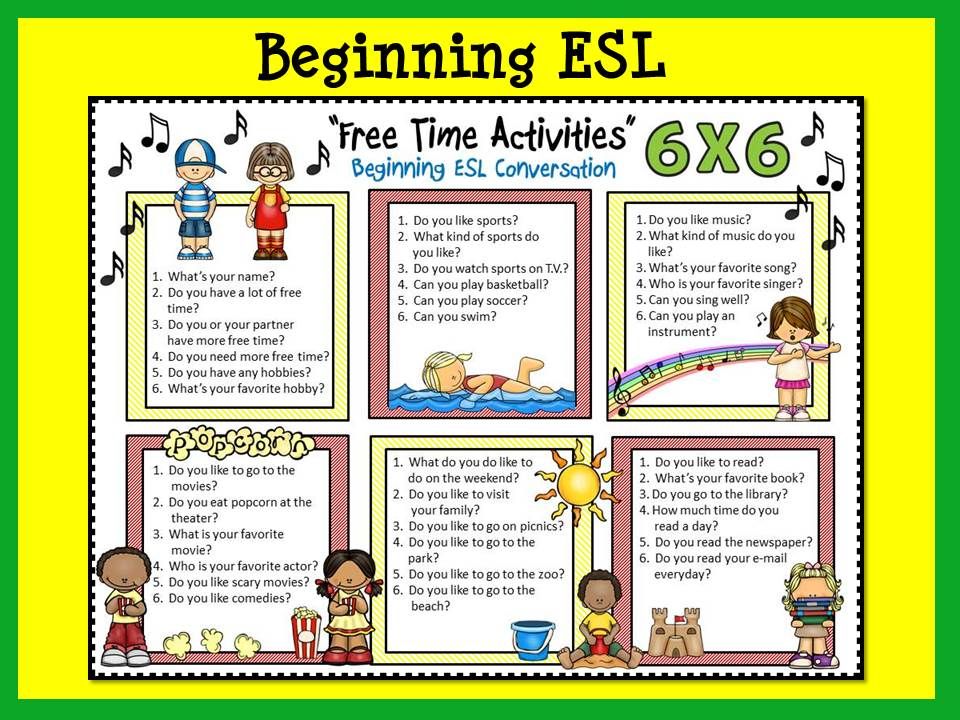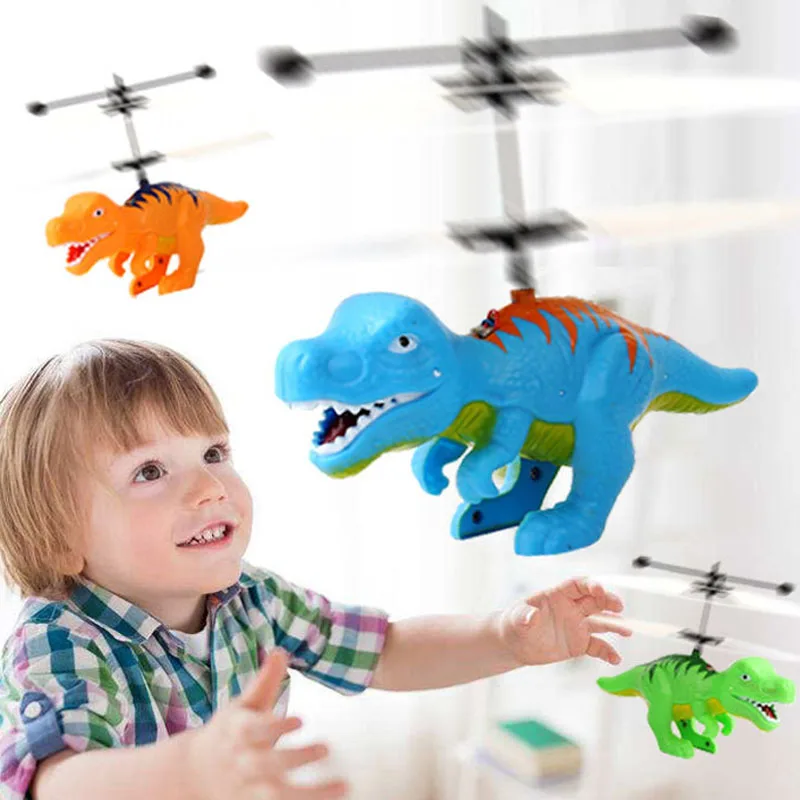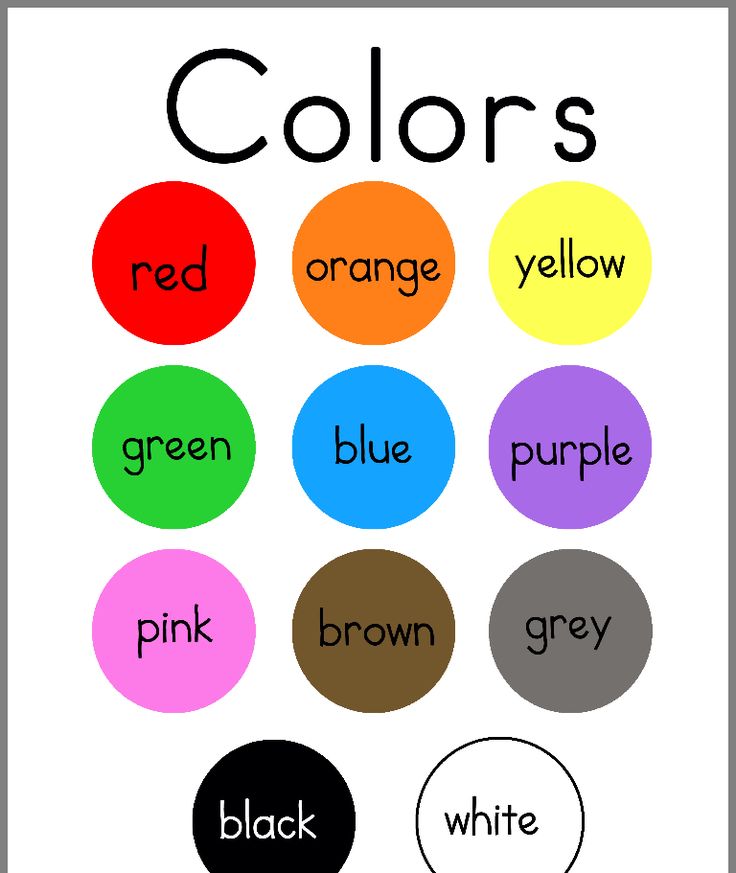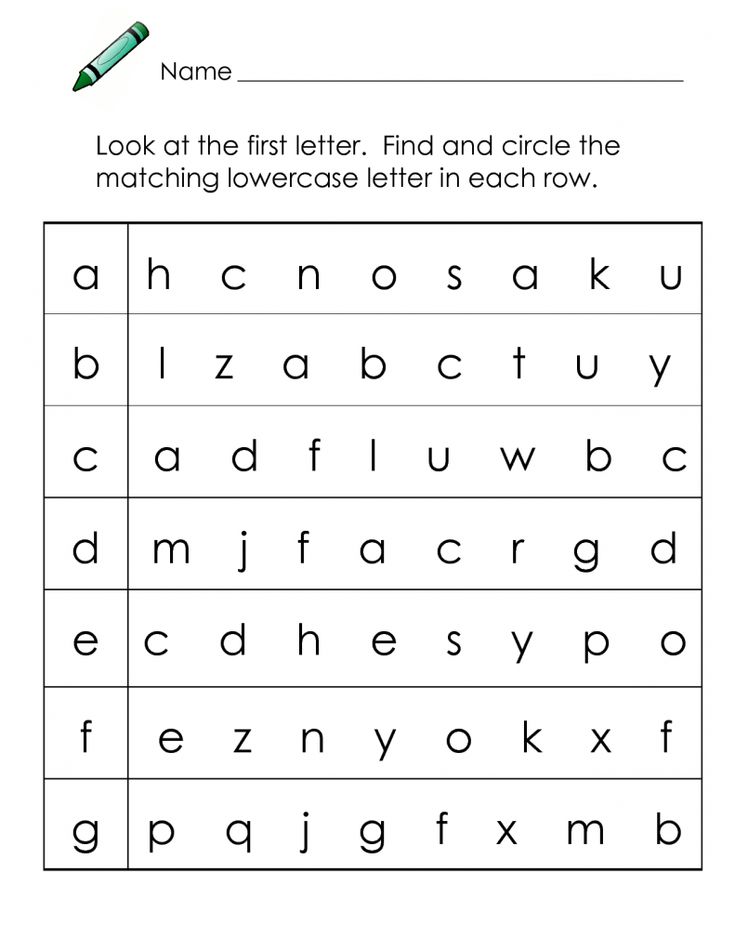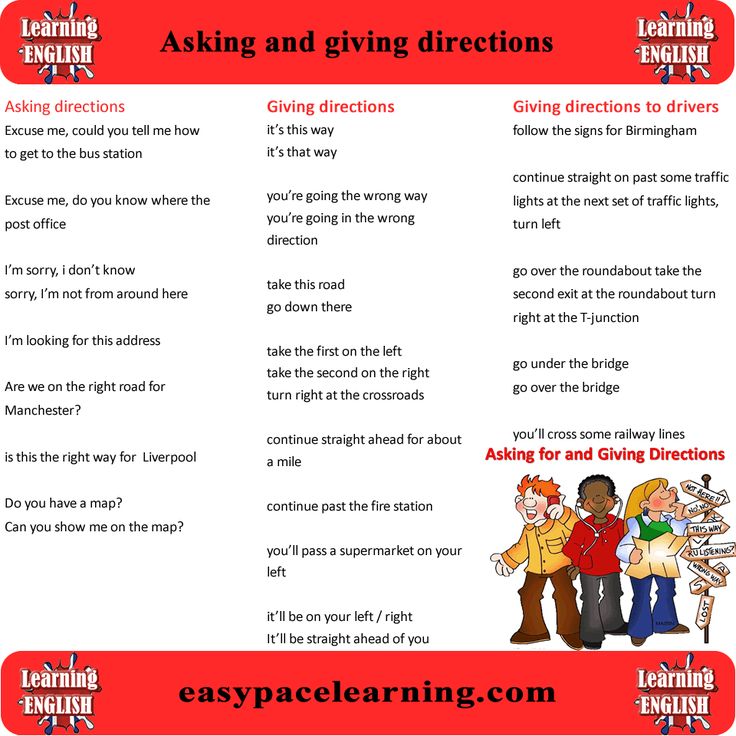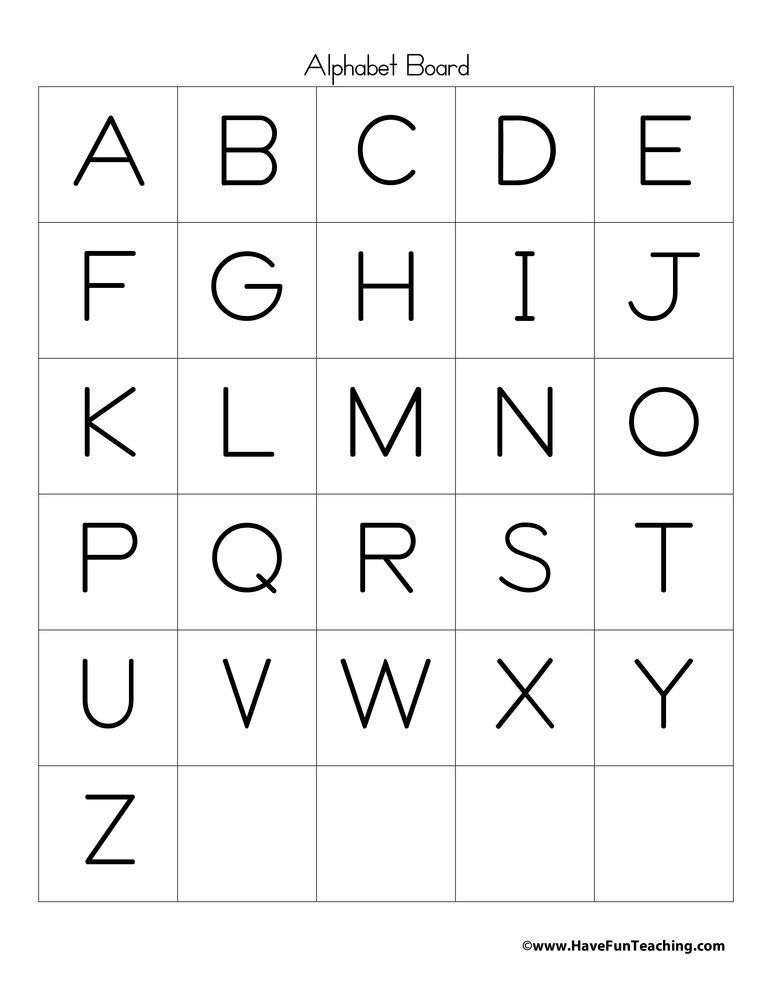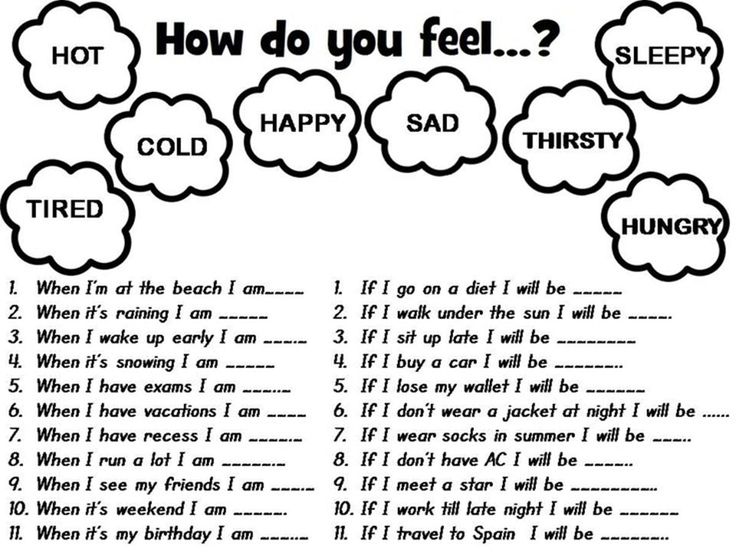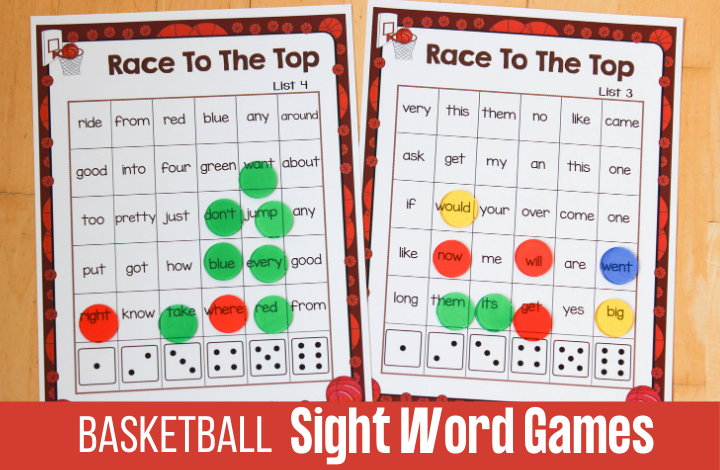Social skills in classroom
9 Ways to Teach Social Skills in Your Classroom
Research and experience has told us that having social skills is essential for success in life. Inclusive teachers have always taught, provided and reinforced the use of good social skills in order to include and accommodate for the wide range of students in the classroom.
Essentially, inclusive classrooms are representations of the real world where people of all backgrounds and abilities co-exsist. In fact, there are school disctricts with curriculum specifically for social and emotional development.
Here are some ways in which you can create a more inclusive classroom and support social skill development in your students:
1. Model manners
If you expect your students to learn and display good social skills, then you need to lead by example. A teacher's welcoming and positive attitude sets the tone of behaivor between the students. They learn how to intereact with one another and value individuals. For example, teachers who expect students to use "inside voices" shouldn't be yelling at the class to get their attention.
In other words, practice what you preach.
2. Assign classroom jobs
Assigning classroom jobs to students provides opportunties to demonstrate responsibility, teamwork and leadership. Jobs such as handing out papers, taking attendance, and being a line-leader can highlight a student's strengths and in turn, build confidence. It also helps alleviate your workload! Teachers often rotate class jobs on a weekly or monthly basis, ensuring that every student has an opportunity to participate. Check out this list of classroom jobs for some ideas!
3. Role-play social situations
As any teacher knows, it's important to not only teach the students a concept or lesson but then give them a chance to practice what they have learned. For example, if we teach students how to multiply, then we often provide a worksheet or activity for the students to show us their understanding of mulitiplication. The same holds true for teaching social skills. We need to provide students with opportunities to learn and practice their social skills.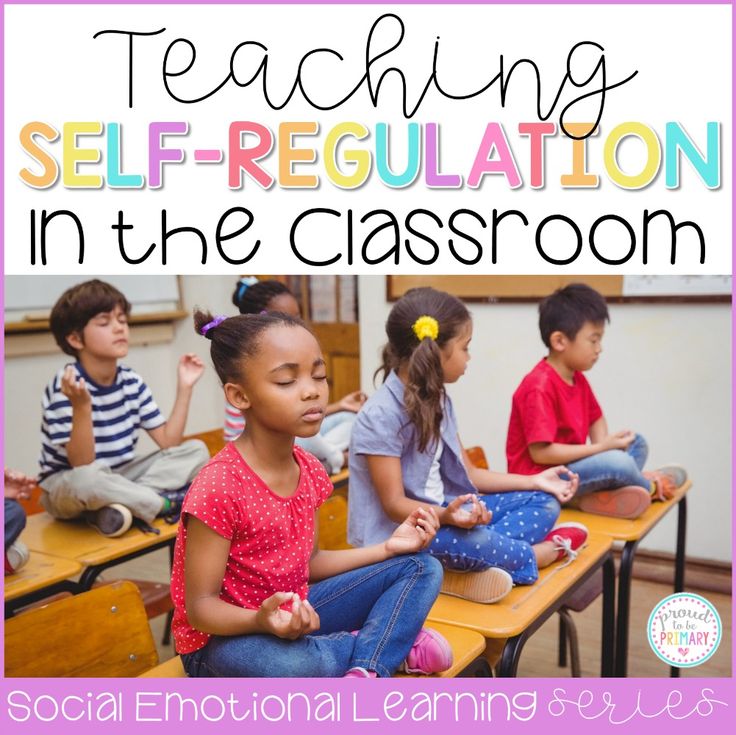 An effective method of practice is through role-playing. Teachers can provide structured scenarios in which the students can act out and offer immediate feedback. For more information on how to set-up and support effective role-playing in your classroom have a look at this resource from Learn Alberta.
An effective method of practice is through role-playing. Teachers can provide structured scenarios in which the students can act out and offer immediate feedback. For more information on how to set-up and support effective role-playing in your classroom have a look at this resource from Learn Alberta.
4. Pen-pals
For years, I arranged for my students to become pen-pals with kids from another school. This activity was a favorite of mine on many different academic levels; most importantly it taught students how to demonstrate social skills through written communication. Particularly valuable for introverted personalities, writing letters gave students time to collect their thoughts. It levelled the playing field for students who had special needs or were non-verbal. I was also able to provide structured sentence frames in which the kids held polite conversation with their pen-pal. Setting up a pen-pal program in your classroom takes some preparation before the letter writing begins.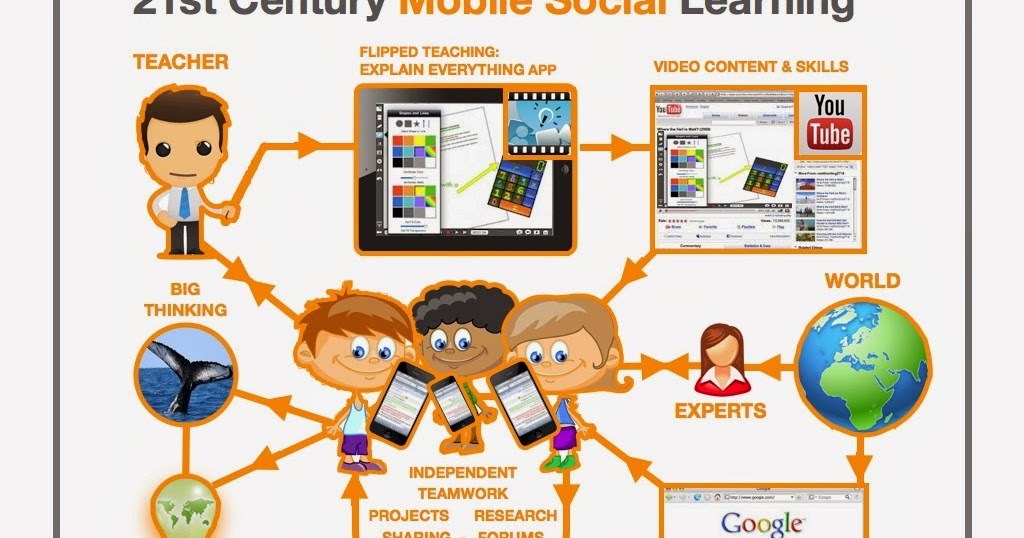 You want to ensure that students have guidelines for content and personal safety. This article, Pen Pals in the 21st Century, from Edutopia will give you some ideas!
You want to ensure that students have guidelines for content and personal safety. This article, Pen Pals in the 21st Century, from Edutopia will give you some ideas!
5. Large and small group activities
In addition to the academic benefits, large and small group activities can give students an opportunity to develop social skills such as teamwork, goal-setting and responsibility. Students are often assigned roles to uphold within the group such as Reporter, Scribe, or Time-Keeper. Sometimes these groups are self-determined and sometimes they are pre-arranged. Used selectively, group work can also help quieter students connect with others, appeals to extroverts, and reinforces respectful behavior. Examples of large group activities are group discussions, group projects and games. Smaller group activities can be used for more detailed assignments or activities. For suggestions on how to use grouping within your classroom, check out this article, Instructional Grouping in the Classroom.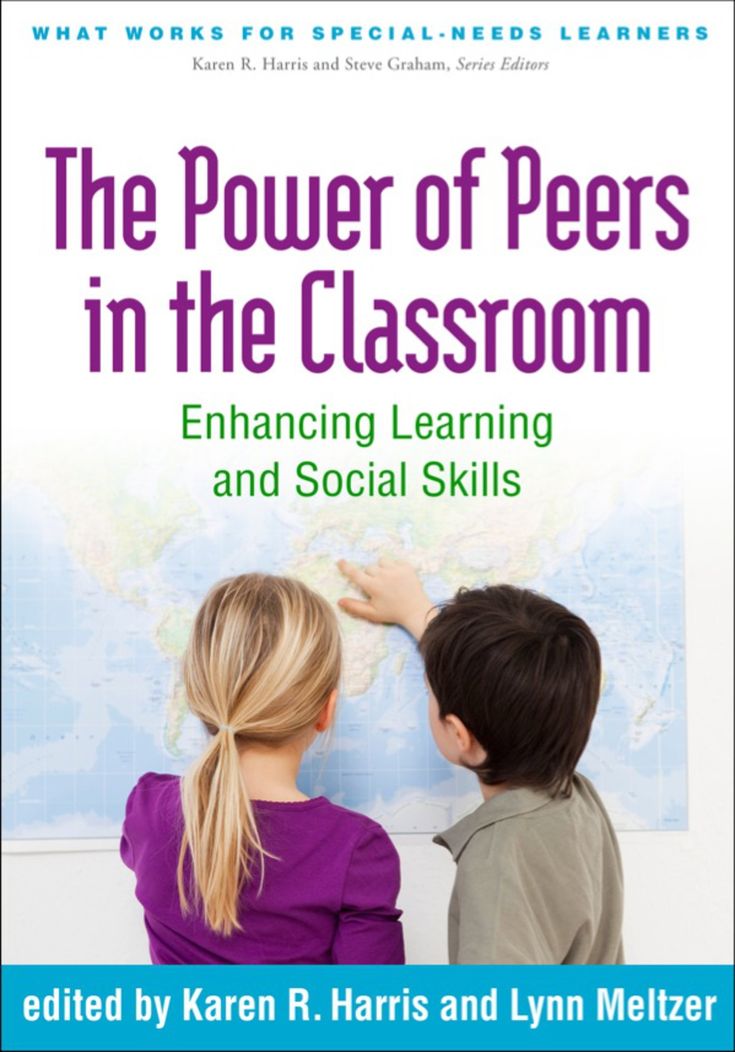
6. Big buddies
We know that learning to interact with peers is a very important social skill. It is just as important to learn how to interact with others who may be younger or older. The Big Buddy system is a great way for students to learn how to communicate with and respect different age groups. Often an older class will pair up with a younger class for an art project, reading time or games. Again, this type of activity needs to be pre-planned and carefully designed with student's strengths and interests in mind. Usually, classroom teachers meet ahead of time to create pairings of students and to prepare a structured activity. There is also time set aside for the teacher to set guidelines for interaction and ideas for conversation topics. Entire schools have also implemented buddy programs to enrich their student's lives. Here is an article that offers tips on how to start a reading buddy program.
7. Class stories
There are dozens of stories for kids that teach social skills in direct or inadvertant ways.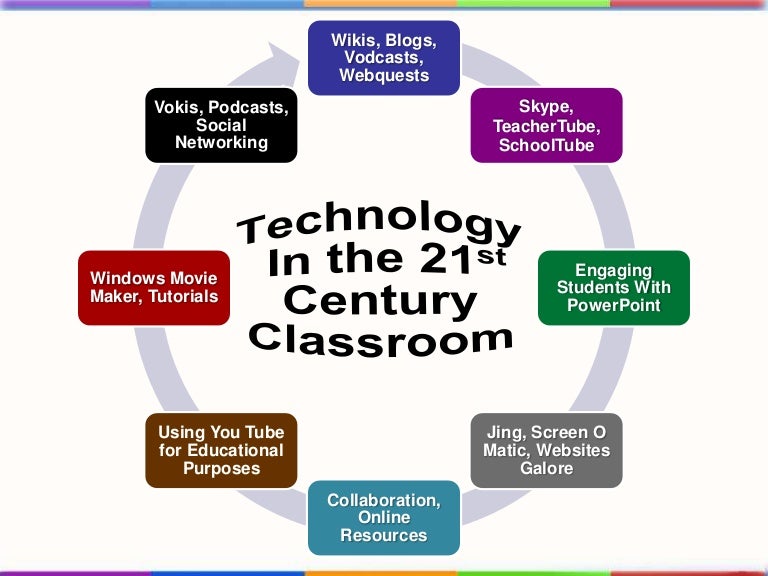 Find strategies to incoporate these stories in your class programs. You can set aside some time each day to read-aloud a story to the entire class or use a story to teach a lesson. Better yet, have your class write their own stories with characters who display certain character traits.
Find strategies to incoporate these stories in your class programs. You can set aside some time each day to read-aloud a story to the entire class or use a story to teach a lesson. Better yet, have your class write their own stories with characters who display certain character traits.
8. Class meeting
Class Meetings are a wonderful way to teach students how to be diplomatic, show leadership, solve problems and take responsibility. They are usually held weekly and are a time for students to discuss current classroom events and issues. Successful and productive meetings involve discussions centered around classroom concerns and not individual problems. In addition, it reinforces the value that each person brings to the class. Before a class meeting, teachers can provide the students with group guidelines for behavior, prompts, and sentence frames to facilitate meaningful conversation. Here is a great article, Class Meetings: A Democratic Approach to Classroom Management, from Education World that describes the purpose and attributes of a class meeting.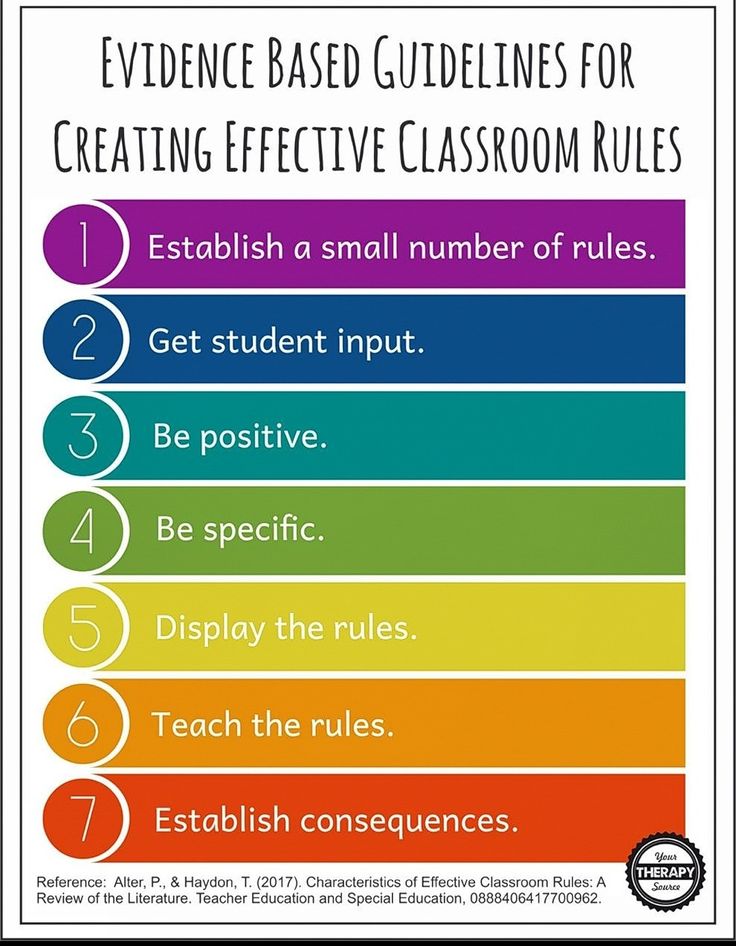
9. Explicit instruction
Finally, teachers can carve out a time in their curriculum to directly teach social skills to their students. Research-based programs such as Second Step provide teachers and schools with explicit lessons for social development. These programs can provide schools and classrooms with a common language, set of behavior expectations, and goals for the future. I have used programs such as Second Step in my classrooms with much success!
Nicole Eredics is an educator who specializes in the inclusion of students with disabilities in the general education classroom. She draws upon her years of experience as a full inclusion teacher to write, speak, and consult on the topic of inclusive education to various national and international organizations. She specializes in giving practical and easy-to-use solutions for inclusion. Nicole is creator of The Inclusive Class blog and author of a new guidebook for teachers and parents called, Inclusion in Action: Practical Strategies to Modify Your Curriculum.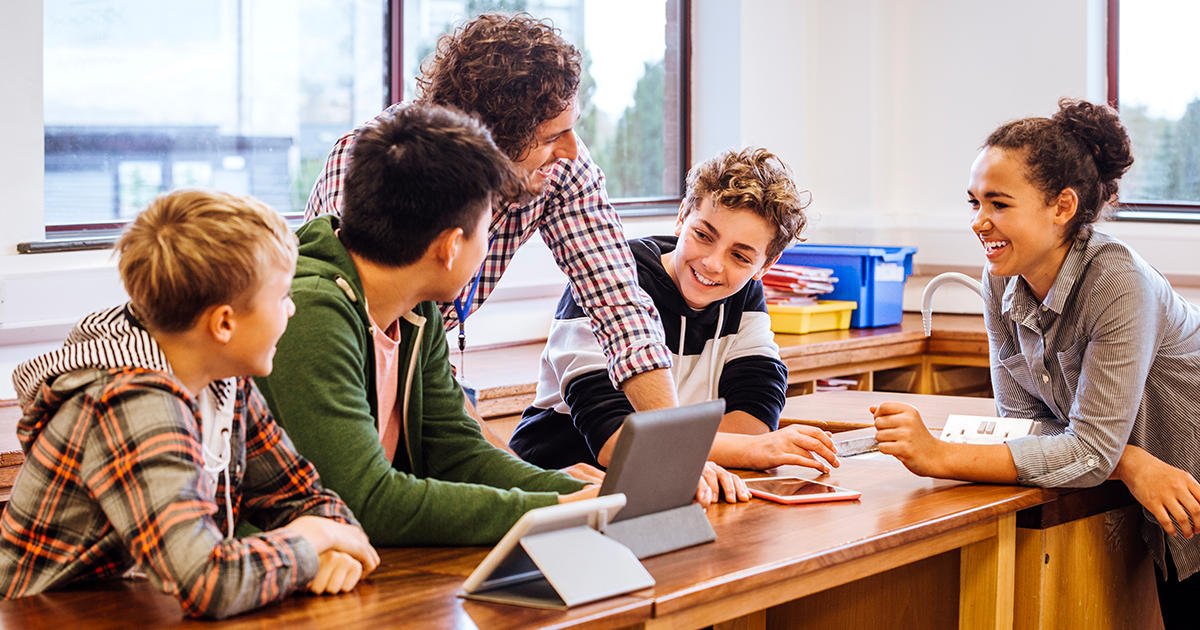 For more information about Nicole and all her work, visit her website.
For more information about Nicole and all her work, visit her website.
Related Topics
Social and Emotional Learning
13 Evidence-Based Ways to Teach Social Skills in 2021
Oct 19 2020
Positive Action Staff
•
SEL Articles
Many students struggle to learn important social skills, like interacting positively with others and starting conversations. The time spent on lecturing in schools means that kids don't always have the time to use these skills in the classroom.
A lack of social skills can contribute to poor academic performance, causing problem behaviors in class and dropping grades. We’ll show you how to teach social skills just as you teach math, science, and writing using evidence-based SEL techniques in your classroom.
1. Work with Peer Mentors
Kids develop similar social skills to those around them as they observe others’ actions and behaviors. Pairing students with peer mentors of the same age makes learning social skills feel less like a lesson.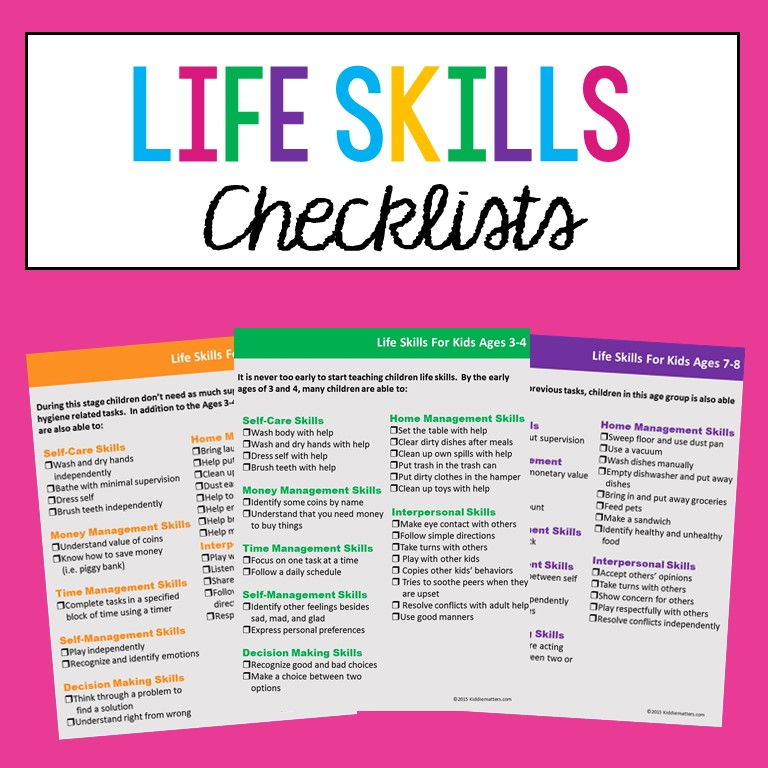
You can pair students of the same age and go over which social skill you want to work on that day so that the peer mentor can effectively guide their students toward developing the desired skills.
2. Adopt a Research-Based Program
A research-based program like Positive Action creates a unique curriculum suited to specific grades that helps with teaching social skills in the classroom.
Positive Action focuses on social skills instruction and overall personal development through six units. These lessons don’t take much time out of your school day, but they have a significant impact on kids, teachers, and parents.
The Positive Action program promotes a social emotional learning curriculum that encourages responsible decision-making, self-management skills, social behaviors, and following directions. It is designed to guide kids through social encounters and encourages them to make their own decisions, become independent, and improve their overall well-being.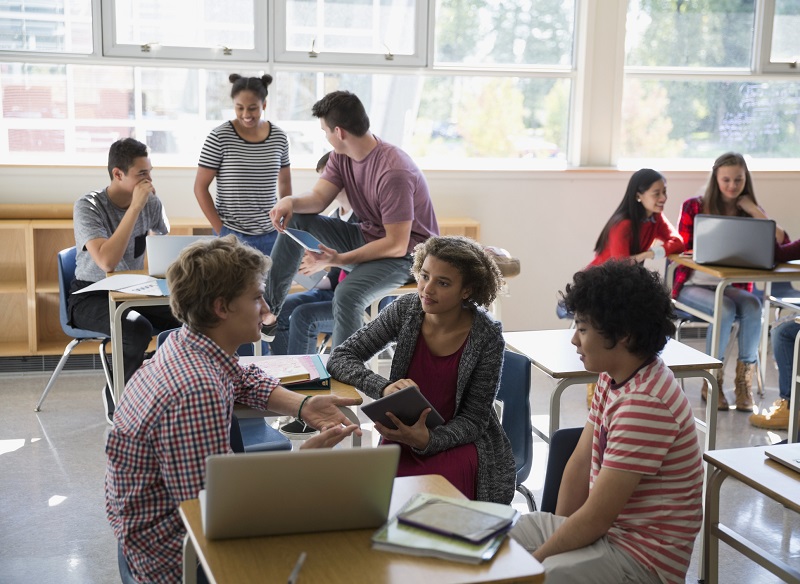
Studies show its effectiveness in schools, citing that Positive Action has helped students raise their grades, interact positively with peers, and improve overall socialization skills.
3. Model Social Skills with Videos
Video modeling demonstrates social skills and allows students to observe an action before putting it into practice for themselves.
Videos are one of the most effective strategies for teaching social skills in class. You can use different kinds of video modeling, including:
- Basic: Students watch a video of people performing certain social behaviors.
- Point-of-view modeling: The video plays from the point of view of the learner.
- Prompting: The video demonstrates an action and then offers a prompt for an activity.
- Self-modeling: Someone records the student doing a social activity so that they can watch themselves.
They and other students then point out what the student did well and how they can improve.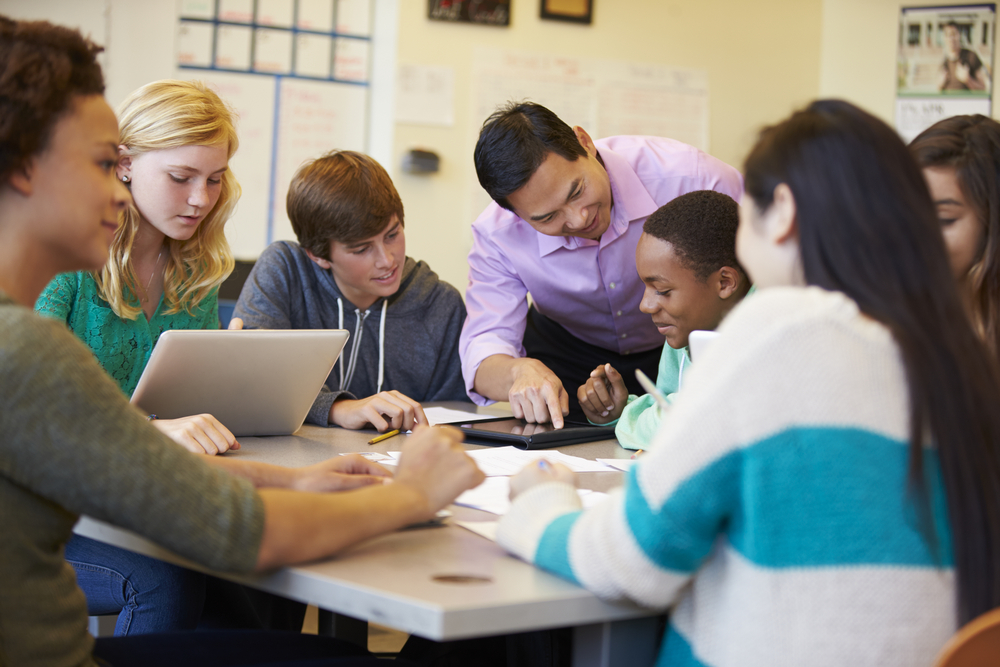
4. Use Film and Video Clips
Apart from video modeling, you can have students give feedback about characters in video clips. Ask them to describe what the character did wrong in a specific situation first. For example:
- Were they talking too close to someone and invading personal space?
- Did they not make eye contact?
- Were they not listening?
When you teach social skills, it’s important for students to recognize problem behaviors in others and themselves. Using video clips will boost their awareness of these behaviors.
5. Have Students Create Videos
Try having students create their own videos while they practice social skills. You can use this activity for homework assignments so that kids can use their skills outside the classroom.
Creating videos lets children have fun with learning social skills. They also help each other learn by viewing their videos and offering feedback.
You might try choosing a single social skill to practice, like nonverbal communication.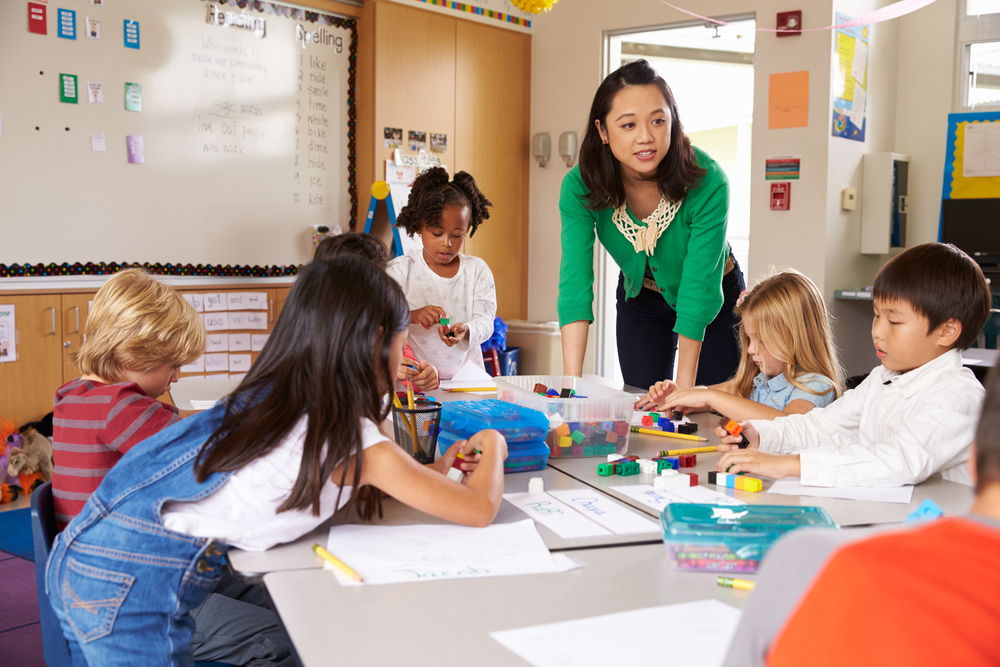 In this case, students create silent films. Ask the rest of the class to guess what happens in the films based on each person’s body language and nonverbal cues.
In this case, students create silent films. Ask the rest of the class to guess what happens in the films based on each person’s body language and nonverbal cues.
6. Imitate and Model Other Students
Much like with video modeling, kids often use imitation behaviors to learn new social skills. When you ask them to practice these techniques in the classroom, you can create situations where students model body language and other behaviors you want to encourage.
Use prompting while teaching social skills, so children get used to imitating and improving upon their skills. Kids may think they imitate well, but with instruction, find out where they can do better.
7. Construct Social Narratives
During a social narrative, you describe a situation to your students. For example, telling a short story about a student arguing with their teacher and getting in trouble presents a situation that does not demonstrate positive social skills.
With this exercise, children learn empathy when they consider how the person in the situation feels and how they would act differently.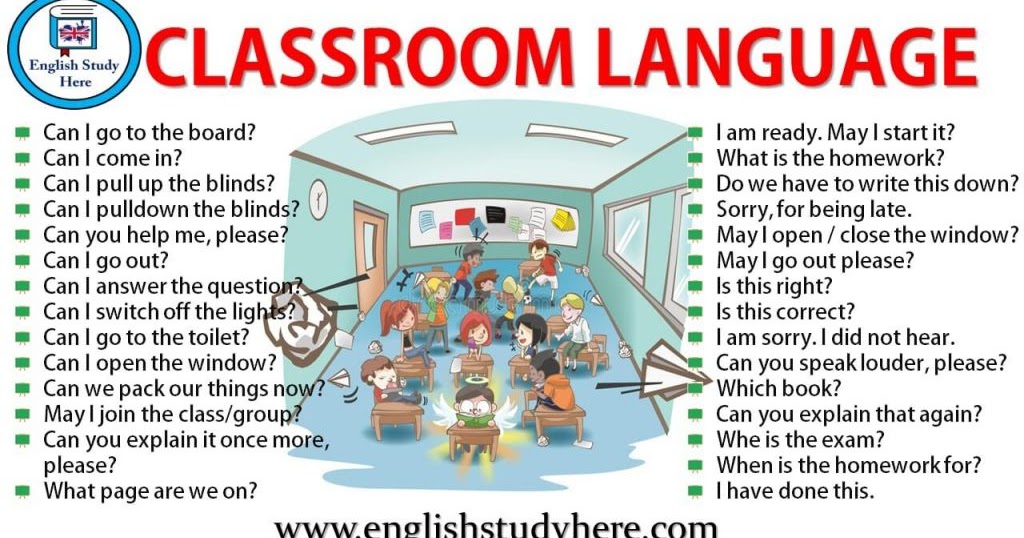 This skill allows them to explain why certain behaviors are or are not appropriate. The educator can also describe the best response after kids have thought about it themselves.
This skill allows them to explain why certain behaviors are or are not appropriate. The educator can also describe the best response after kids have thought about it themselves.
8. Create Lunch Groups
Break kids into small groups for lunch or activities. You can use topic boxes to prompt them to talk about specific subjects or use a particular skill.
Lunch groups can help students learn to talk about different subjects and relate to others by learning their interests. It also guides kids toward having appropriate conversations.
9. Form Structured Social Situations
In structured social situations, you teach a social skill to students before putting it into practice. You might have kids learn something on their own, in a one-on-one environment, before they go into a classroom to use their new socialization skills with others.
Structured social situations involve defining a behavior and the expectations that come with it first. For example, if a student has trouble standing too close to someone while talking, you might go over respecting personal space and have them practice it after.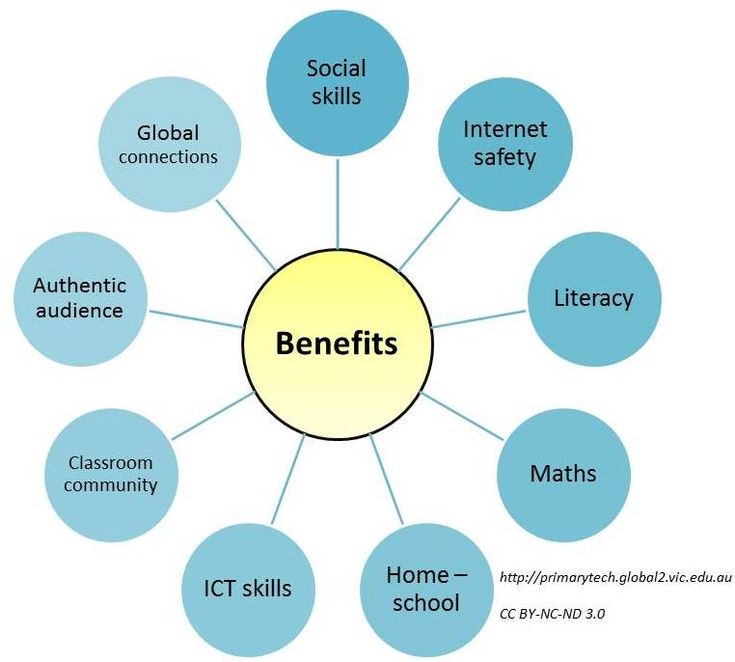
10. Encourage Communication with Joint Action Routines
Joint action routines create predictable routines for skills that kids can repeat. You show them a skill and then have them repeat it to practice.
Joint action routines minimize distraction and confusion when you teach one skill at a time. They show students exactly what to do in social situations to form habits and become independent as they get comfortable with the behavior.
11. Create a Classroom Management Plan
A classroom management plan helps children develop a routine and meet expectations. It also helps with problem-solving, as kids learn that they must complete a certain task with or without help, as well as how to ask for help politely.
Children develop an understanding of a behavior through repeated situations. They learn how they can improve and behave in different classroom environments based on their assigned tasks.
12. Encourage Teamwork
Activities, such as cooperative games or decision-making tasks, particularly those that don’t just encourage but require teamwork for success, lead children to get to know one another, work together, and learn the fine intricacies of forging friendships and presenting well-reasoned debates to have their voices heard.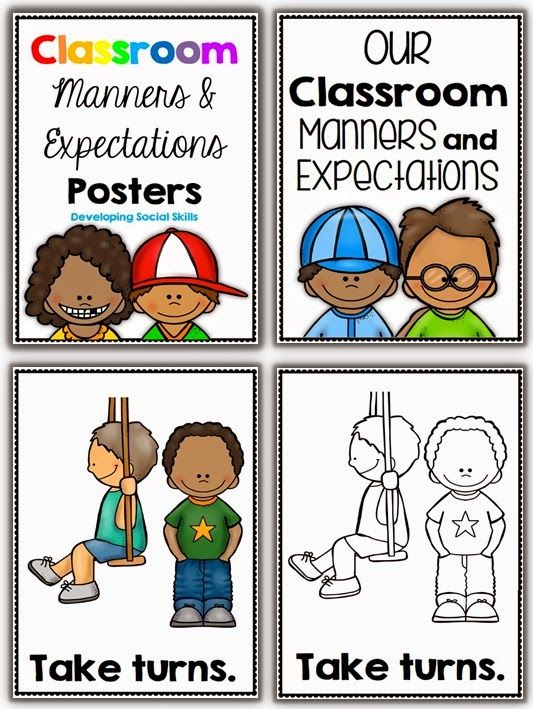
Avoid creating long-term teams to keep students continually interacting with new groups and practicing new social skills as different personalities collide!
13. Social Role-Play Activities
Social role-play activities allow students to use their new skills creatively. Give your class a scenario and ask them to come up with a short skit to act out in front of their peers.
You can make the scene specific to a single social skill, and other students will give feedback after the actors finish their demonstration. Kids come up with their own scripts, which allows them to think about the actions that do and don’t work.
Conclusion
When you use evidence-based methods for how to teach social skills, you help students learn new social techniques more quickly and effectively. Use a combination of these practices to determine how your students respond best and see which ones they enjoy.
Positive Action can help with SEL in any learning environment.
Contact us to schedule a webinar and talk about how our program can benefit your classroom.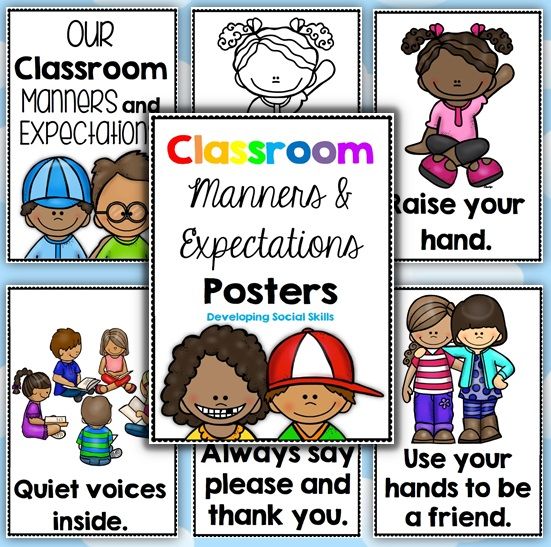
Soft skills or social skills for a student: 85% of success in life
Harvard and Stanford believe that a student's academic knowledge is only 15% of success in his further education, in building a career and in life.
Russian schools actively download knowledge into the heads of our children, but do not teach them social skills, the so-called soft skills - leadership, teamwork, organizational skills, etc. Namely, they allow you to apply the acquired knowledge and achieve your goals: a prestigious university, a successful career, a happy family and true friendship. nine0003
A study of Fortune 500 CEOs found that long-term and sustained job success was 75% social skills and only 25% academic.
Therefore, European education has long included the training of soft skills, without which it is difficult to succeed in the modern world. Many of these traits are innate and inherent in every child, but they need to be cultivated and developed. Here are some critical social skills that will help any student reach their goals in life.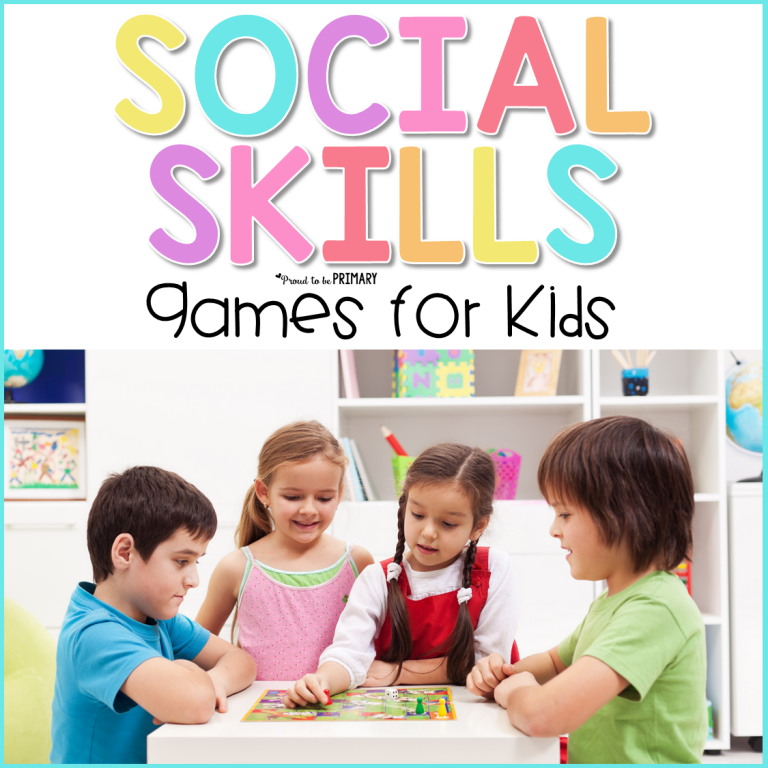 nine0003
nine0003
TEAM WORK
The ability to listen, the ability to see a common goal and find common ground between a common idea and personal ambitions. Willingness to help others and support in a difficult situation, the ability to convince and find a compromise.
Check if your child can:
- do things with other children?
- help someone solve their study question?
- to make sure that not only he, but his entire team achieves the goal? nine0024
How it is taught in a foreign school:
- team activities: games, performance, volunteer programs;
- joint academic projects, when the project can be defended only by the whole team;
- competitions between "Houses" for students studying on a full board basis.
Join our Telegram channel!
Be the first to know about discounts, events and important news. nine0045 We promise - it will be interesting!
LEADERSHIP
To be a leader means to be a person whom everyone else recognizes as having the right to make responsible decisions for the entire team.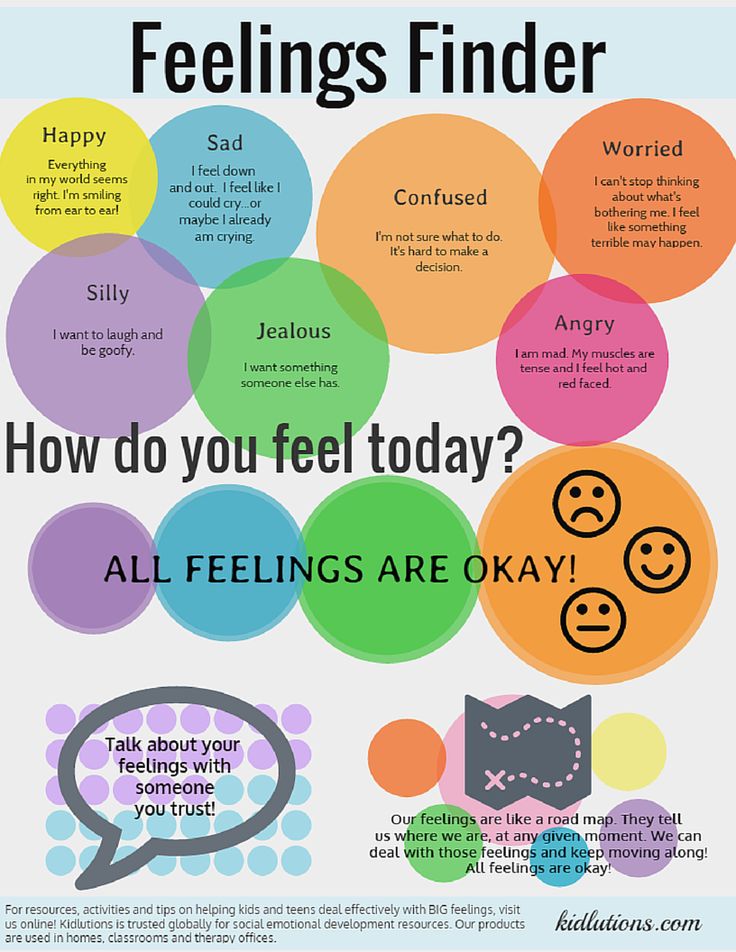
Check if your child can:
- to become a leader for other children: inspire and lead them?
- understand and feel other people?
- to set other children tasks corresponding to their abilities and character and to achieve their fulfillment? nine0024
How it is taught in a foreign school:
- Supervision of junior schoolchildren and beginners by high school students;
- Numerous clubs and hobby classes are sure to resonate in the soul of any student, and he will take the initiative in the area that interests him and gather his team of like-minded people.
We are looking for leaders, but not from the category of "president of the chess club", but from those who, faced with a problem, can at the right time take the lead of the team and lead it to the goal
- Laszlo Bock, Vice President of Recruitment, Google
CREATIVITY
A creative person is able to find non-standard, completely new solutions in familiar situations, he is able to invent and implement new ideas.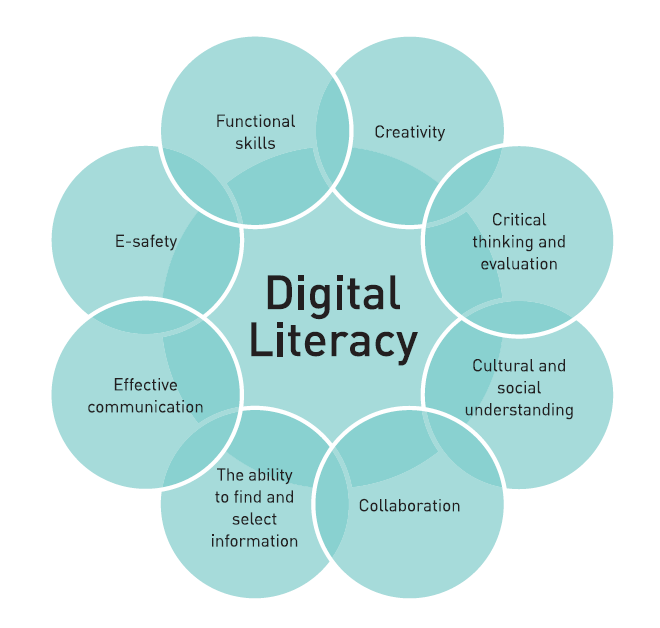
Check if your child can:
- Suggest an idea for a gala evening, fashion design or pop star poster?
- tell your friends the story he made up? nine0024
- come up with an idea for a new computer game or mobile app?
How it is taught in a foreign school:
- When solving a problem, the student will be asked not only to give the correct answer, but also to find 10 different solutions;
- Students focus on both academic knowledge and extracurricular activities - music classes, theater productions and acting skills, development of artistic skills. It is easier for a child with a broad outlook to find a non-standard approach to solving a problem. nine0024
COMMUNICATION
The ability to communicate, openness and the ability to establish contact with other people, as well as to make the right impression on them.
Check if your child can:
- Is it clear and interesting to express your ideas and thoughts?
- speak confidently with a group of your peers, with a school principal, with other adults?
- perform in front of an audience of 100 people?
How it is taught in a foreign school:
- Students are encouraged to actively participate in discussions in the classroom.
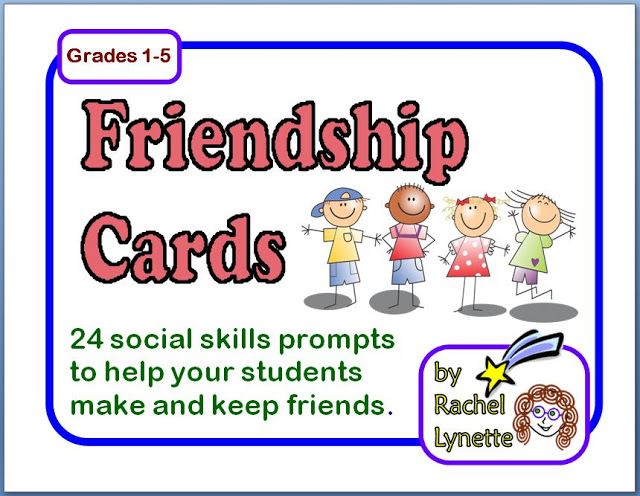 And the final assessment is influenced by the student's involvement in lectures and seminars and his ability to defend his point of view;
And the final assessment is influenced by the student's involvement in lectures and seminars and his ability to defend his point of view; - Schoolchildren are constantly surrounded by their peers and implement academic projects together, participate in sports and creative events, attend hobby groups;
- Career days and meetings with universities are regularly held for high school students. Schools set aside time to develop a personal resume, self-presentation skills and interviews. nine0024
MANAGEMENT
This is the ability to bring people together to achieve a goal and inspire yourself and others to action. Initiative, demanding of oneself and others, attention to detail, the ability to delegate or do it yourself - all these are important qualities of an organizer.
Check if your child can:
- organize your time so that you can keep up with your studies and take part in extra school activities? nine0024
- put together a team to run cross country together or organize a party?
- make quick decisions when things don't go as planned?
How it is taught in a foreign school:
- time management skills are the first thing a student learns.
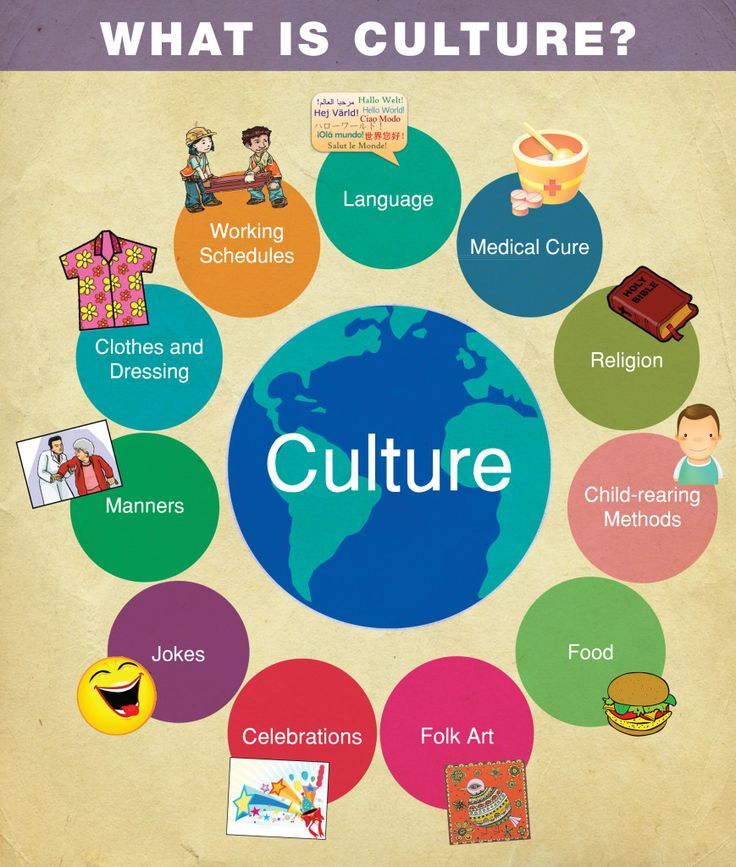 Unlike Russian students, European students do not study from morning to evening. The whole day is scheduled by the clock, there is time for study, sports, hobbies, homework and, of course, time for rest; nine0024
Unlike Russian students, European students do not study from morning to evening. The whole day is scheduled by the clock, there is time for study, sports, hobbies, homework and, of course, time for rest; nine0024 - Participation in numerous school events requires a variety of skills from a student, including the ability to organize an exhibition, a holiday, a performance, a debate, a sports match, and much more.
POSITIVE
Faith in yourself and in other people. This is such a view of the world in which a person can look at events from different angles and prefers to find positive in everything that surrounds him.
Check if your child can:
- keep a smile on your face despite the challenges?
- to fight and not give up, even when you fail to achieve the goal?
- try to solve your problems on your own, without immediately resorting to your help?
How it is taught in a foreign school:
- Support and attention of teachers, mentors and high school students.
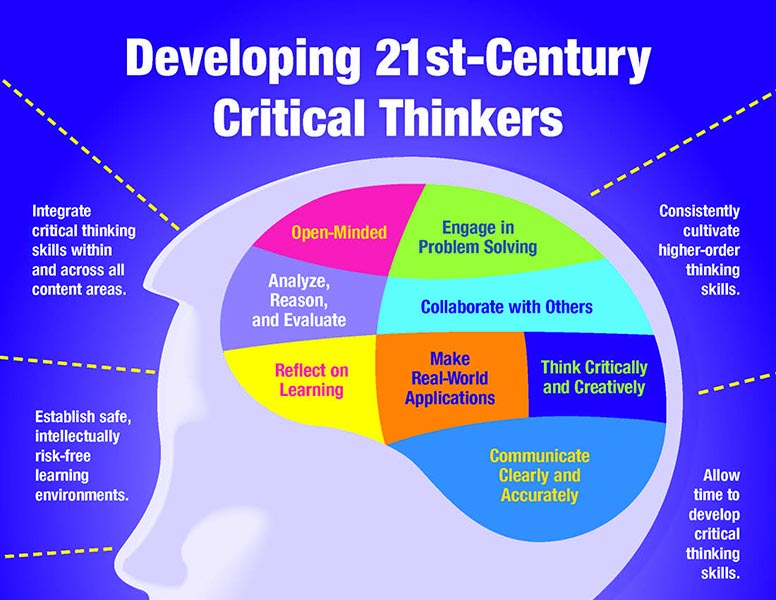 The school is well aware of the difficulties students face and is always ready to help with advice and pay attention to positive events. nine0024
The school is well aware of the difficulties students face and is always ready to help with advice and pay attention to positive events. nine0024 - A healthy competitive environment helps students focus on their goals and not on temporary setbacks.
CURIOSITY
Intellectual curiosity, thirst for new knowledge, interest in the world around and desire for new experiences. This is a natural quality of any child and it is important to preserve it.
Check if your child can:
- look up from your phone or tablet and look around when you are driving? nine0024
- when you find yourself in a new place, try to find out something about it?
- ask questions about how the world works?
How it is taught in a foreign school:
- The task of every teacher is not only to prepare a student for the final exams, but also to make him fall in love with his subject. The first thing that Russian children and parents notice is that students in European schools love to study.
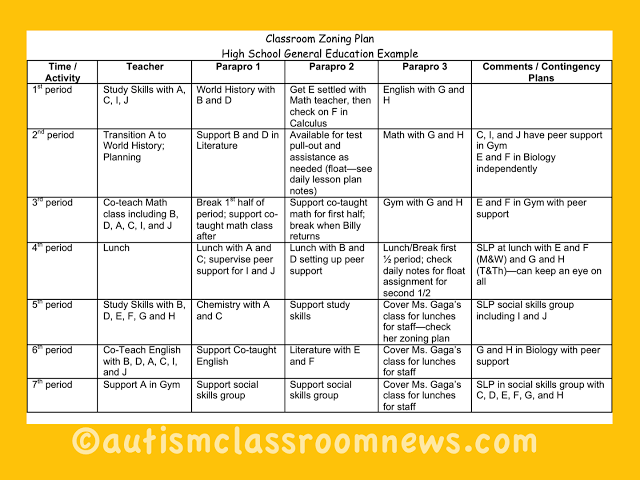
- Well-equipped classrooms and laboratories - here you can study not only theory, but also try everything in practice. Chemistry, physics, biology become especially fascinating. nine0024
- School activities also include guest lecturers and thematic excursions. Children can learn first-hand about the subject and specialties: who you can become in the future, how you can apply the acquired knowledge in practice, what kind of employees employers want to see.
Most children are not very self-confident. They worry about entering a new social situation, about learning new skills, about having to complete a new task, even more difficult. They seek help and support from friends, parents, teachers, and this is natural. nine0003
Studying in European schools, students develop their social skills, becoming more self-confident. These skills have nothing to do with intelligence, the ability to quote Shakespeare in the original, or mentally multiply three-digit numbers.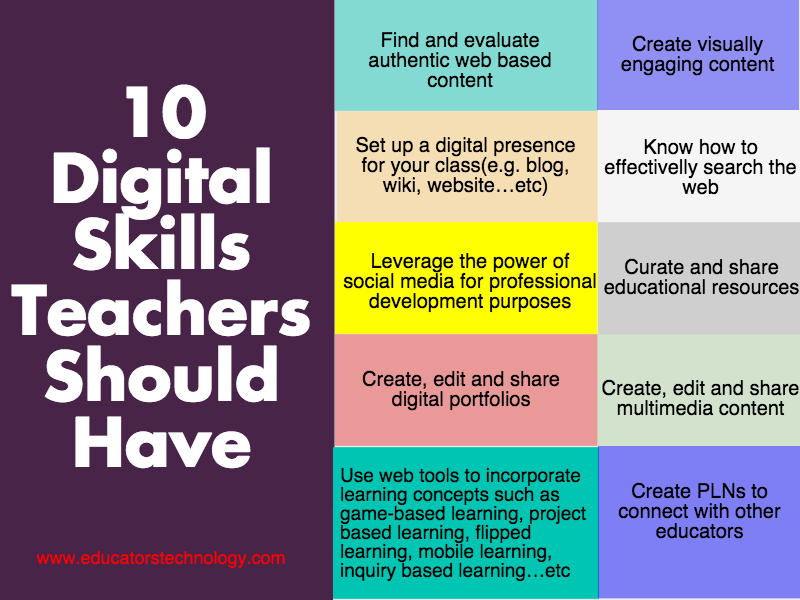 But the ability of a child to clearly formulate thoughts, offer alternatives and respect someone else's point of view will make him successful in all areas of life. After all, as Henry Ford said, confidence is half the battle.
But the ability of a child to clearly formulate thoughts, offer alternatives and respect someone else's point of view will make him successful in all areas of life. After all, as Henry Ford said, confidence is half the battle.
European schools help students develop their social skills. nine0003
They will not appear on your high school diploma or university degree.
But these abilities are important in order to enter a good university, successfully complete it and find a dream job, which means getting a pass to a happy life.
Contact the manager and choose school
by phone +7 (495) 935-85-45
through the request form on the website
See also:
What the school should develop (5 key skills) | British School MCS from MAGIC CASTLE Education
British education in the center of Moscow
Knowledge. A responsibility. Character.
SPECIAL PROJECT
The world is changing so fast that we cannot say with certainty what our life will be like in a year.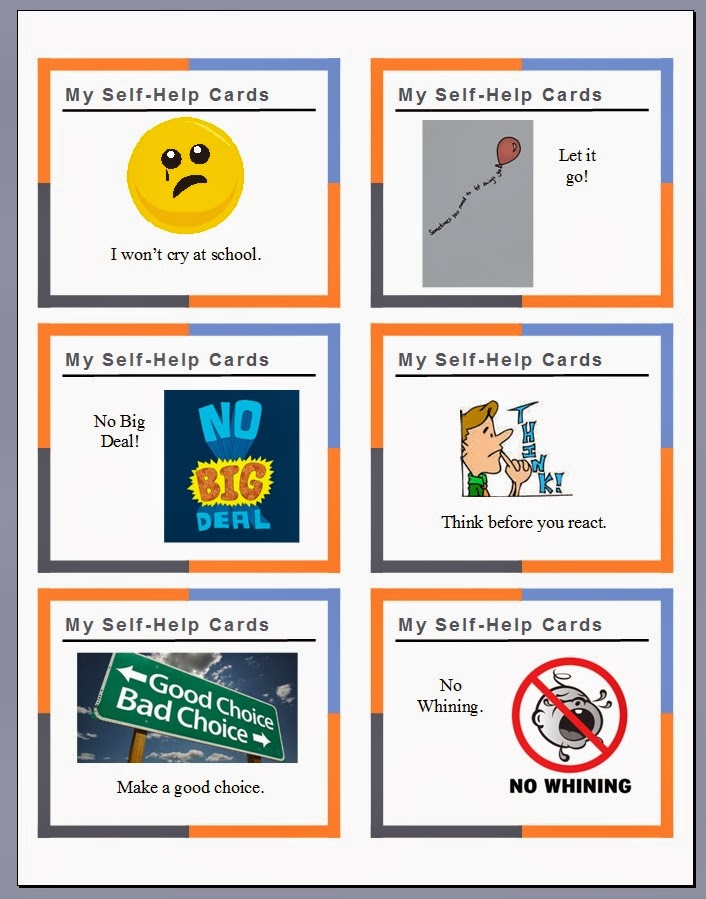 What can we say about a more distant future - in 10-20 years. How to plan the education of a child so that he finds himself in a new world unknown to us, overcomes any difficulties and succeeds?
What can we say about a more distant future - in 10-20 years. How to plan the education of a child so that he finds himself in a new world unknown to us, overcomes any difficulties and succeeds?
The overwhelming majority of experts agree on one thing: the main thing that we must give the child is a set of flexible skills that will determine his future success. The world's leading schools have integrated the development of soft skills into their curricula. Experts say that education, which is aimed not only at the academic result, but also at the development of the child's personality, opens up new horizons. nine0003
Natalie Kaminsky, founder and director of Magic Castle International School in Moscow, spoke to Forbes Education about why soft skills are so important, which ones need to be developed at school, and how high academic standards can be combined with the development of a child's personality.
Soft skills are needed everywhere: in business, art, science, family life.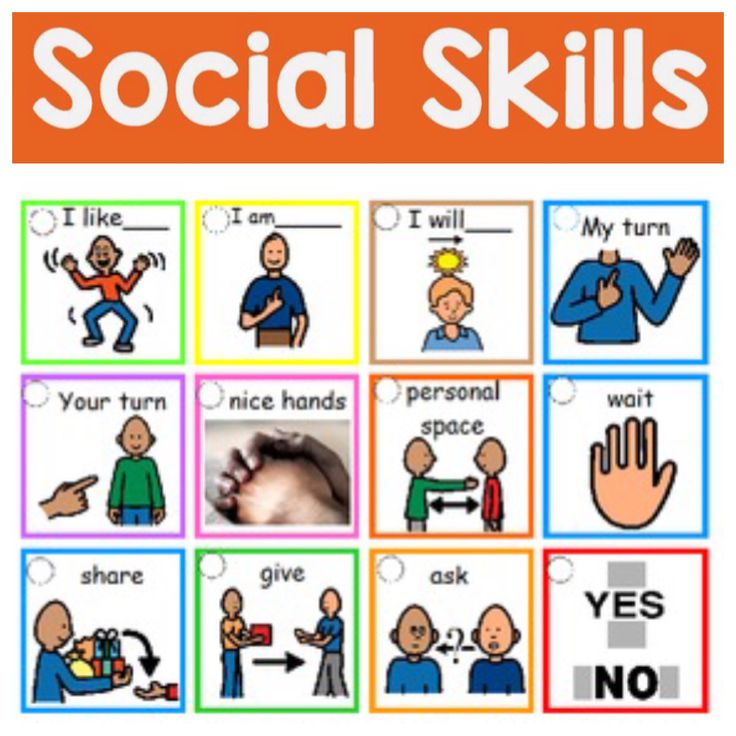 Thanks to them, a person becomes a leader, inspires, leads others, finds non-standard solutions and does not give up in difficult situations. It is important to think about their development at the earliest stages: most of the soft skills are laid from childhood. nine0003
Thanks to them, a person becomes a leader, inspires, leads others, finds non-standard solutions and does not give up in difficult situations. It is important to think about their development at the earliest stages: most of the soft skills are laid from childhood. nine0003
With the right curriculum, school is an ideal environment for personal development. In addition to academic goals, Magic Castle International School aims to develop key soft skills in its students: a positive and effective attitude to learning, growth and overcoming difficulties, creativity, responsibility, social communication skills.
Self-confidence
The vast majority of people can formulate life goals that they would like to achieve. Unfortunately, when it comes to the implementation of the plan, everything is not so simple. Scientists* have found that self-confidence plays a key role in success. People who believe in their abilities are much more likely to achieve goals: they approach problems more constructively, do not give up when faced with difficulties, and remain optimistic.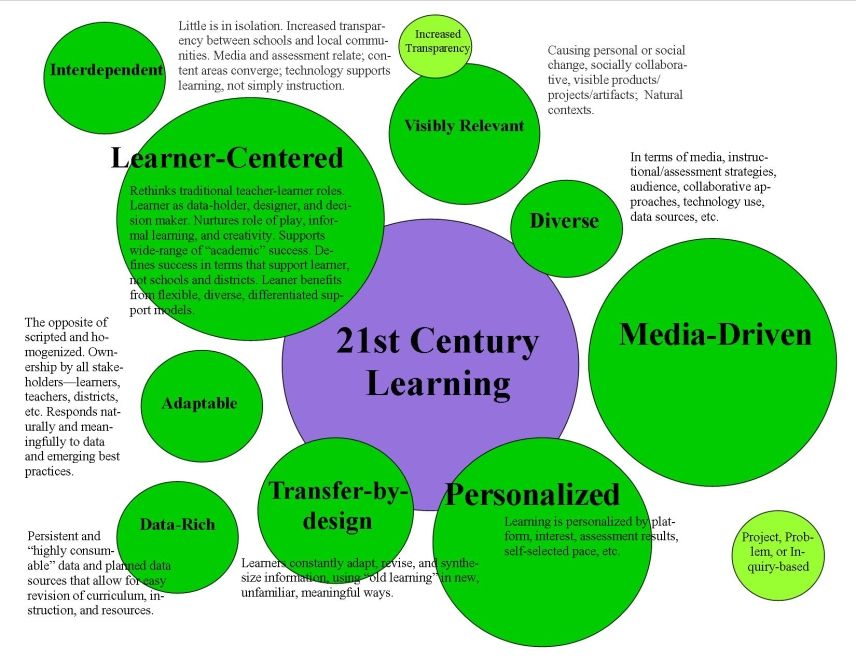 The task of the school is to teach the child not to be afraid of difficulties, to show that he can achieve high results. nine0045
The task of the school is to teach the child not to be afraid of difficulties, to show that he can achieve high results. nine0045
An overly complex educational program causes the child to lose faith in himself. Too simple - causes boredom and demotivates. In both cases, the child does not feel joy from completing tasks and pride in the result.
All children are different, they need different time to complete tasks and different levels of support from the teacher. We have seen from personal experience that with the right organization of education, every child can believe in himself and achieve outstanding academic results. The task of our teachers is not only to explain the material clearly, visually and as interactively as possible, but also to make sure that each student can independently cope with the completed task. We adapt the program for each student: we add non-standard and complicated tasks if the child easily copes with the topic, and we provide additional support in cases where the material causes difficulties
Motivation
It always seems impossible until it's done (Nelson Mandella).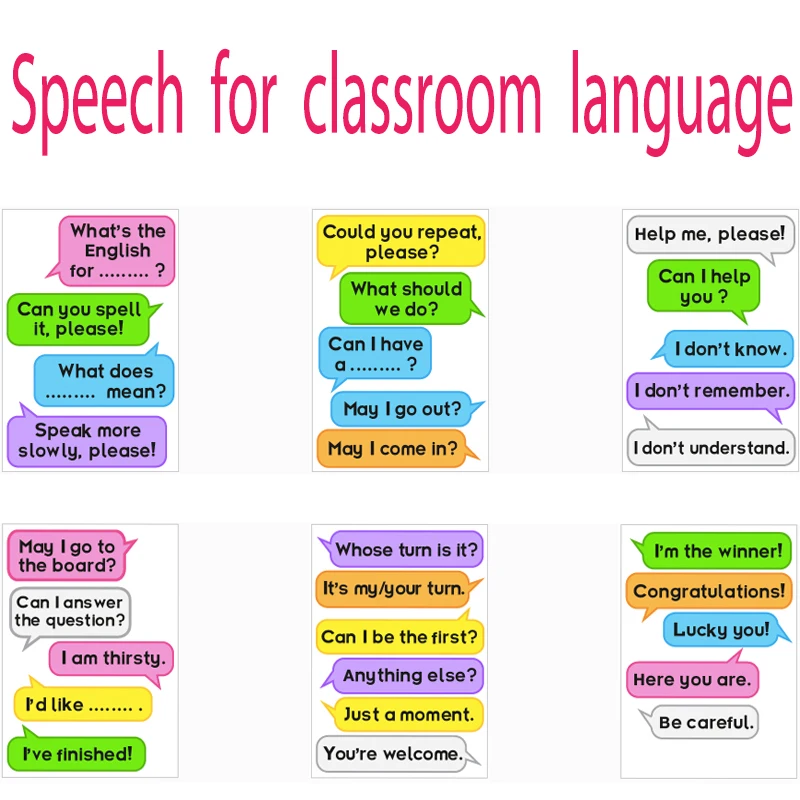
Have you ever noticed that it costs one person to set a new world record, which seemed unattainable for many years, as less than a month passes - there are people who are able to repeat the achievement. So it was with the conquest of Everest, the 10-second barrier in the 100 meters, the triple Axel in figure skating. Why is this happening? When we know that the goal is achievable, it is easier for us to motivate ourselves on the way to it. What makes leaders different? They strive for ambitious goals and find motivation within themselves, even if everyone around them finds the task incredibly difficult. Self-motivation helps to find the energy and desire to achieve your goals. nine0003
It is important to teach children to be constructive about failures and achievements . The words we say when we praise or criticize, inspire and encourage the child, the way the student thinks in situations of difficulty or success, are the key points of development throughout life.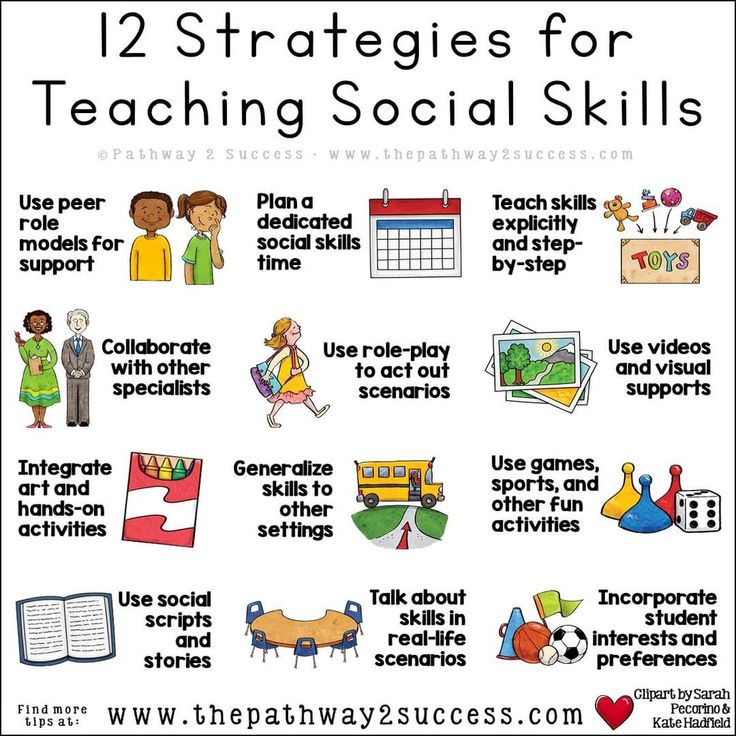
Not only words, but also the environment, the atmosphere can contribute to the development of intrinsic motivation. Even elementary inscriptions on the walls of the school with motivating statements do their job. Moreover, the “Rules for cultivating self-confidence, responsibility and motivation” have become a mandatory annex to the contract. nine0003
All Magic Castle teachers are trained in how to praise and give feedback to children, and every phrase we use with students is carefully chosen to ensure a growth mindset.
The teacher must distinguish between praise and encouragement. It is necessary to encourage children constantly, and to praise - for concrete successes. Don't tell your child that he is smart. Tell him, “You did a great job! You did well." If the child did something wrong, first emphasize the positive aspects of this experience: “It's great that you are experimenting with paints. Let's make sure that after any experiments, your room remains clean. nine0003
Give your child a positive and personal growth mindset by paraphrasing his language - changing pessimistic scenarios.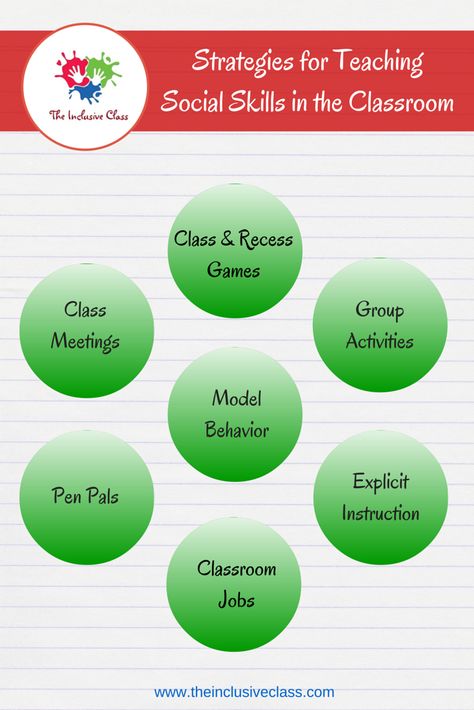
"I can't do it."
"I'm stupid."
"I made a mistake again."
"I give up."
"I can't."
"I'm great at this."
"I need time. I'll try different strategies to solve this problem."
"I need more time. If I put in the effort, I'll get there."
"Mistakes help me learn." nine0045 "I can always do better. I will keep trying."
"I can't do it yet, but I'll learn. I'll put in more effort and I'll succeed."
"I tried and learned to do it. I got results because I put in the effort."
Responsibility
To be responsible means to be able to make decisions and bear responsibility for them, to lead people and organize the achievement of a common goal, to fulfill given promises, to be obligatory. The formation of responsibility in children begins at the age of 3-4 and is inextricably linked with the ability to show independence and initiative.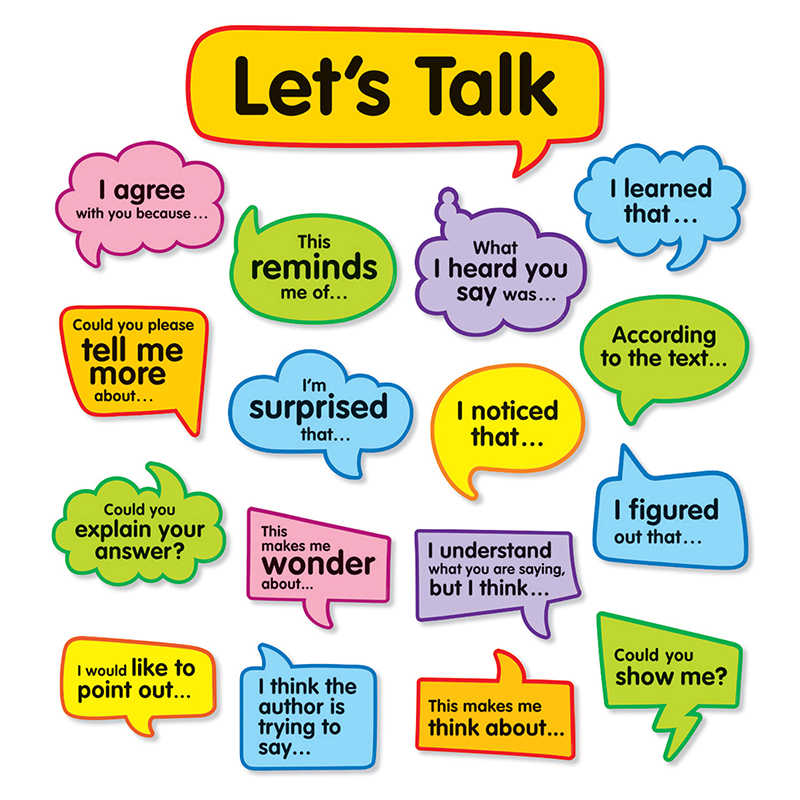 nine0045
nine0045
An environment where a child is overprotected or where every step is planned in advance by an adult does not give the child the opportunity to make choices, learn from their mistakes, take initiative and, as a result, develop responsibility. After all, how can you be responsible for other people's decisions?
It is important to observe the principle: "More duties - more rights."
Each child should have an area of responsibility. For example, household chores might include cleaning, caring for pets or plants, loading/unloading the dishwasher or washing machine, or ironing your own clothes. nine0003
At Magic Castle International School, children not only take responsibility for their own learning, but also initiate new dishes on the menu, supervise equipment and order on school grounds, organize events and charity fairs, participate in decision-making regarding the eco-organization of school life and much more.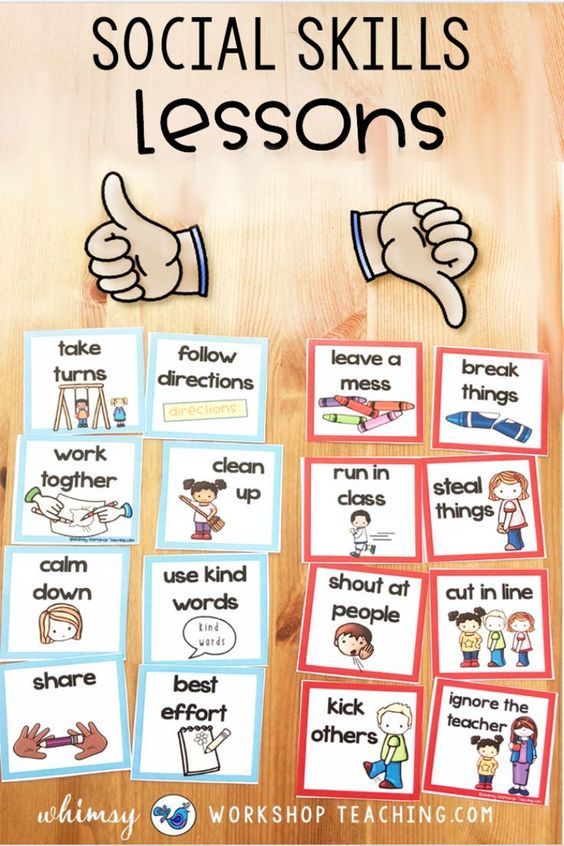
In today's world, the success of business and personal life is based on the ethics of decision making. That is why mindfulness, emotional intelligence and an open view of the world are of particular importance. We help our students to formulate their life position and values, including through participation in debates on important issues of politics, economics, ecology, and social development. nine0045
Creativity and critical thinking
The ability to think creatively is required not only for representatives of creative professions. This skill is becoming more and more in demand in a variety of professional fields. And there is nothing to be surprised at: the ability to find non-standard solutions and quickly respond to the situation is exactly what is needed in the face of constant change and instability. Creative and critical thinking can be developed and trained. And where else to do this, if not at school - after all, it is here that the child faces new challenges every day.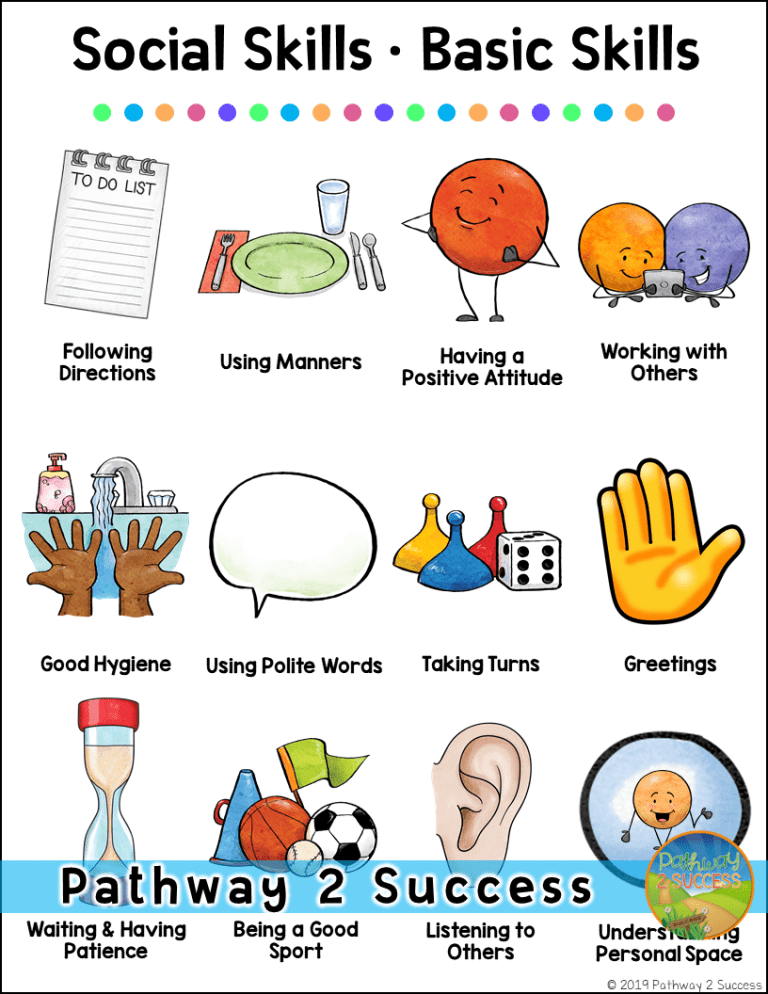 nine0045
nine0045
The standard Russian school curriculum does not always give a child the opportunity to realize their creative potential, as it is primarily focused on the development of technical and standardized skills. Unfortunately, not all teachers are willing to make extra efforts to develop students' creativity.
We want our students to be able to critically evaluate information, generate new ideas, find innovative solutions and bring them to life. nine0003
A variety of practical and creative activities are an integral part of the British curriculum. Our students have the opportunity to realize their ideas in design or art classes; express their own point of view and ask questions in the lessons of history, physics, geography; look for non-standard solutions to practical problems; write your own poems and stories. We try to create an atmosphere of creativity: the school newspaper, mood board, meetings with interesting and inspiring people, career days, a literary magazine, a wall of poetry, annual video reports about class life - all this is an integral part of learning at our school.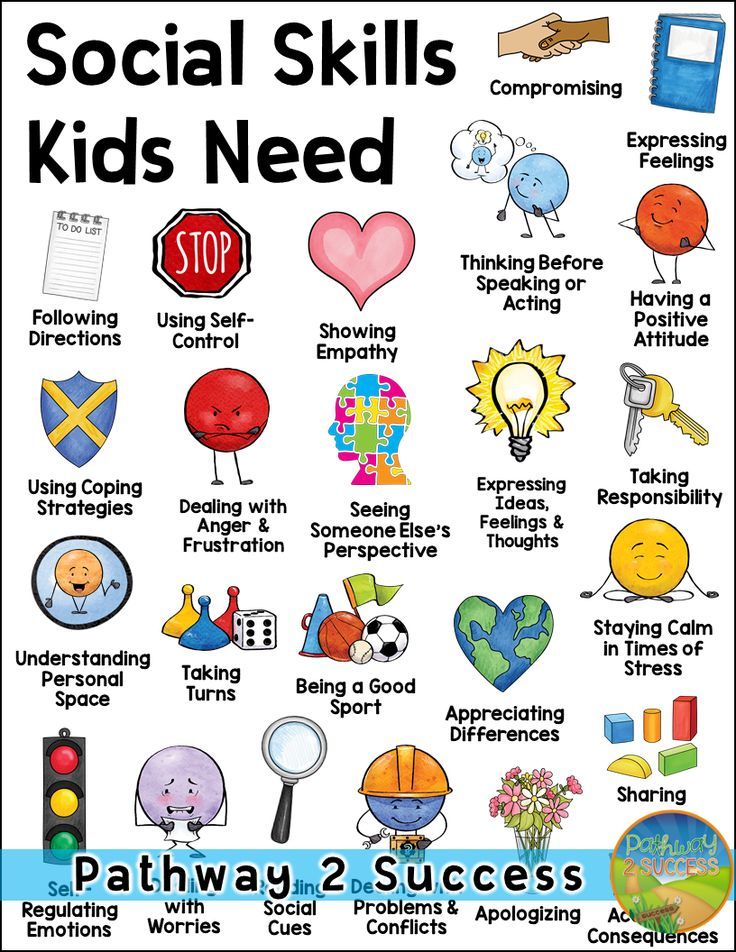 In addition, at Magic Castle, students discover their many talents during additional classes in art, music, vocals, sports, choreography, design, cooking, IT and many other subjects. nine0045
In addition, at Magic Castle, students discover their many talents during additional classes in art, music, vocals, sports, choreography, design, cooking, IT and many other subjects. nine0045
Communication skills
Negotiation, conflict resolution, building relationships - all these skills are considered key in the business environment and often predetermine a person's success not only in career but also in personal life. It is at school through communication with peers that children develop their social skills and form a model of behavior that they will follow in the future when resolving conflicts, persuading, and working in a team.
An atmosphere where the child does not feel safe and sees negative examples of communication - forceful resolution of disputes, aggression, bullying.
The task of the school is to create a comfortable environment where children, on the one hand, independently build relationships with their peers, resolve conflicts and prove their point of view, and on the other hand, always feel the support of a mentor and are confident in their safety.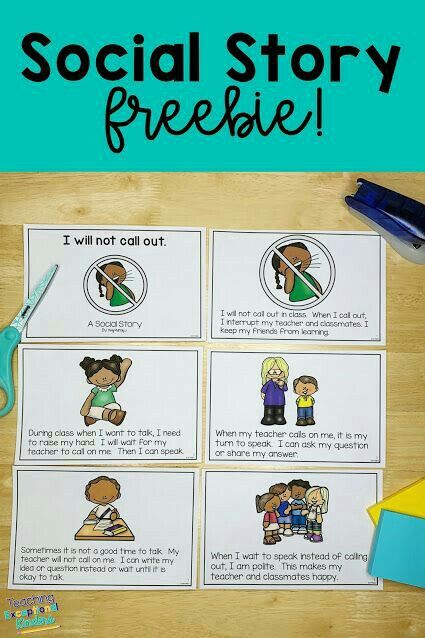 The school must define the boundaries and rules within which children learn through experience effective and ethical communication. nine0003
The school must define the boundaries and rules within which children learn through experience effective and ethical communication. nine0003
In addition to creating a comfortable environment, we purposefully practice social skills in the classroom.
In addition to creating a comfortable environment, we purposefully practice social skills in the classroom.
Presentations . Children develop the ability to organize information, illustrate it and present it to various audiences. Our students master different types of presentations - elevator pitch, powerpoint, TED TALKS.
Debate . Through participation in debates, children learn to understand the interests of the audience, find persuasive arguments, develop them and structure the information presented logically.
Negotiation .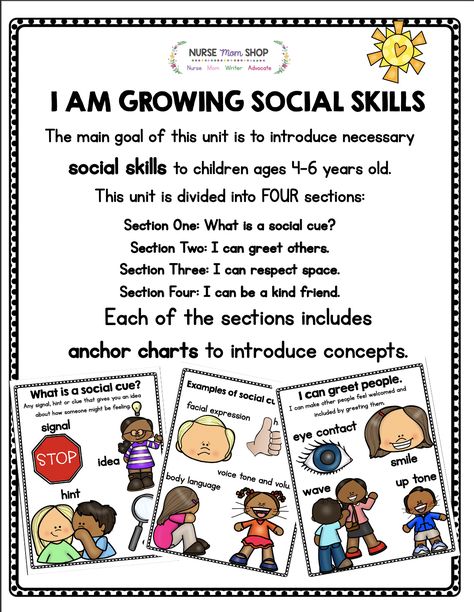 The ability to find a solution acceptable to both parties and to prevent a conflict situation is an indispensable skill both in everyday life and in future professional life.
The ability to find a solution acceptable to both parties and to prevent a conflict situation is an indispensable skill both in everyday life and in future professional life.
Storytelling / Storytelling is one of the most important skills in the world today. The ability to make your story exciting, emotional, and memorable will come in handy during presentations, debates, negotiations, and essay writing. nine0003
* Bandura, A. (in press). self-efficacy. In D. Matsumoto (Ed.) Cambridge dictionary of psychology . Cambridge: Cambridge University Press.
July 15 / 2020
#PARTNER_MATERIAL
OTHER SPECIAL PROJECT MATERIAL
What should school education be like to provide a child with a successful future? Parents are talking.
Dual certificate.